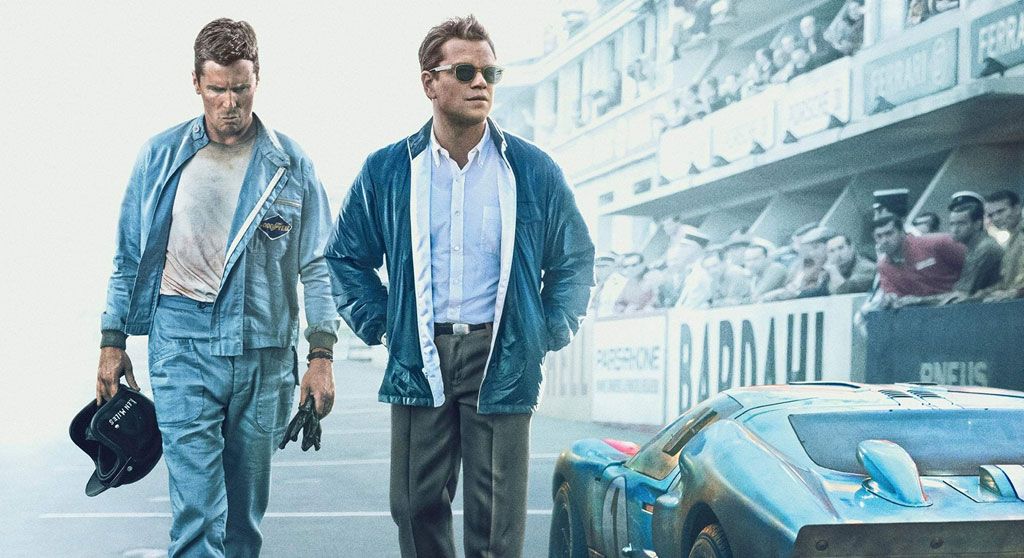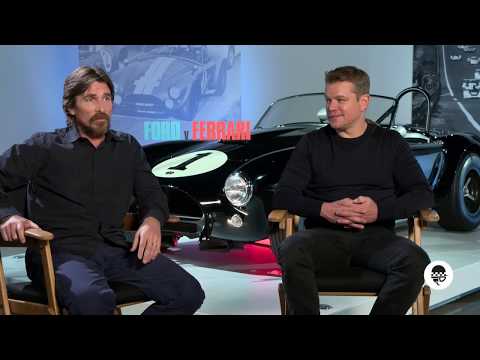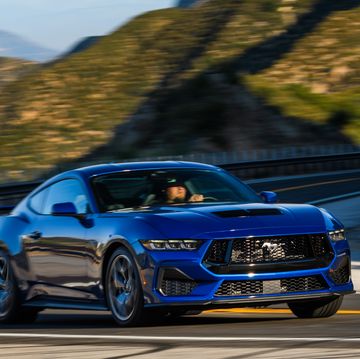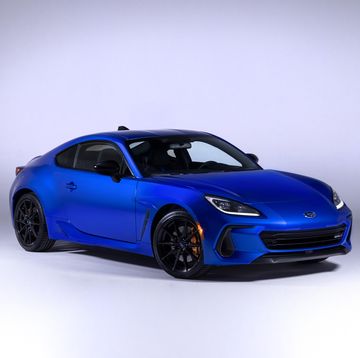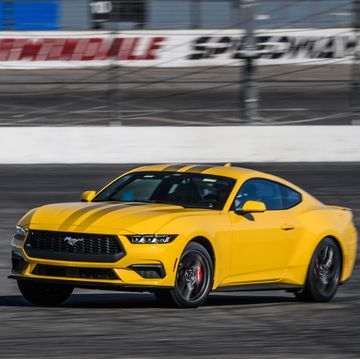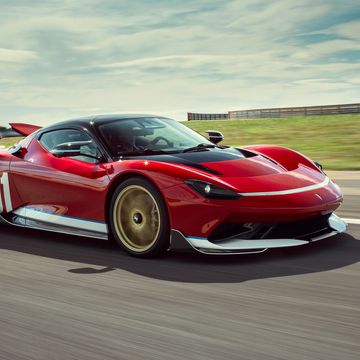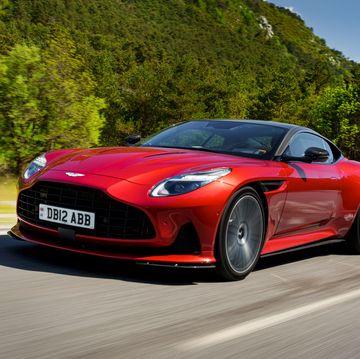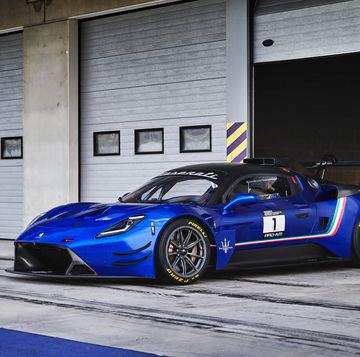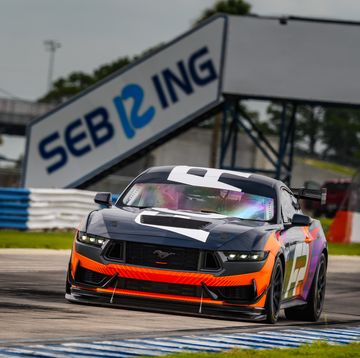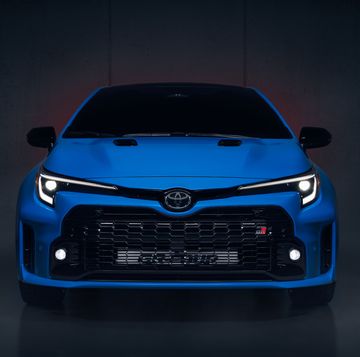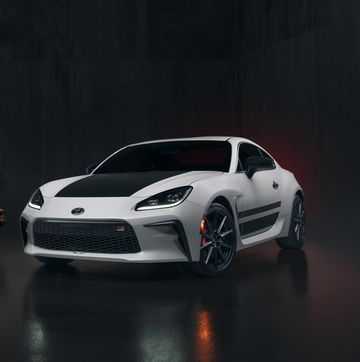Ford v Ferrari, the epic racing movie that traces the lives of so many of our heroes, from Carroll Shelby to Ken Miles to Phil Remington and even Enzo Ferrari and Henry Ford II, won two Oscars at the Academy Awards.
It was nominated for a total of four Academy Awards, including Best Picture, and won two, for Film Editing and Sound Editing. Ironically, the previous “best racing movie ever,” 1966’s Grand Prix, also won for Film Editing and Sound Editing, along with Best Sound Mixing. So apparently the roar of race cars, in this case those Ford and Ferrari V8s, was as intoxicating for Academy members as it was for you and me.
Ford v Ferrari was also nominated for Best Sound Mixing and, can you believe it, Best Picture. For a racing movie, that much Academy recognition is unprecedented. Historically, Hollywood has not understood racing and has instead chosen to see motorsports through its own sensationalized eyeballs, with ridiculous crashes, way too many shots of manual gear shifts being operated at inappropriate times and hysterical wives /girlfriends of racers screaming and freaking out as the race car carrying their love interest flies through the air in slow motion before crashing in a fireball from which the hero always walks away, with just the right smudge of greasepaint across his right cheek, vowing revenge upon his foe.
The difference with Ford v Ferrari was that it actually dialed back the hysterics and told a touching human tale of what came across as real people in extraordinary circumstances. It was a story that, while not as perfectly historically accurate as many web commenters might have liked, nonetheless was based on and kind of close to the story we all already knew: Carroll Shelby’s scrappy SoCal hot-rodders taking on the corporate powers of Ford to beat the mythic racing juggernaut of Ferrari at Le Mans. (Spoiler alert: They did it!)
Look at the other big-budget Hollywood movies about racing and you grow to appreciate FvF even more: Days of Thunder and Driven were well-financed attempts that fell short because they didn’t delve into the racing world enough to overcome its simple clichés. The Art of Racing in the Rain was a little too much about the dog (we love dogs, I love dogs, everyone loves dogs, your dog especially, really, but dogs don’t drive.)
Other racing movies came closer to telling the real story of racing but went unrecognized by The Academy. Rush accurately retold the years-long battle between James Hunt and Niki Lauda for the Formula 1 World Driving Championship, but only got as far as a Golden Globe nomination for Best Motion Picture Drama and Best Actor for Daniel Brühl, who played Lauda. Steve McQueen’s Le Mans was a perfectly filmed story about racing—minus the story— which doesn’t bother sports car pilotes at all. It went similarly unrecognized come Oscar time. The animated Pixar hit Cars remains a favorite among real racers and race fans alike because it transcended its subject matter to, again, tell a real story about relatable characters that happened to take place on a race track. Cars got two Academy Award nominations, for Best Animated Feature Film and Best Original Song. Cars also won a Golden Globe for Best Animated Film.
After that you spiral into Mickey Rooney in The Big Wheel and Elvis in Spinout.
So let’s go back to this year’s Oscars. As they say, it was an honor just to be nominated, especially nominated in four categories. Car guys and gals around the globe rejoiced over that. Whether it was really going to win Best Picture against Hollywood darlings was kind of a long shot, as was the eventual winner, the Korean-language film Parasite. Other Best Picture nominees had all the elements of a winner: Once Upon a Time … In Hollywood, The Irishman, Marriage Story and 1917 had all the qualities The Academy traditionally loves. Ford v Ferrari had a great story—and race cars—which, for our purposes, was more than enough.
Our two favorite jokes told by Oscar presenters:
“I gotta tell you I’ve got a Ford, I got a Ferrari. It ain’t even close. That’s like Halle Berry versus gum disease.” —Chris Rock
“Oh, we know all about film editors. They’re the ones who like to cut out a lot of my lines … it was originally Ford v Ferrari v Ferrell. I’m still in a lot of the key art.” —Will Ferrell

